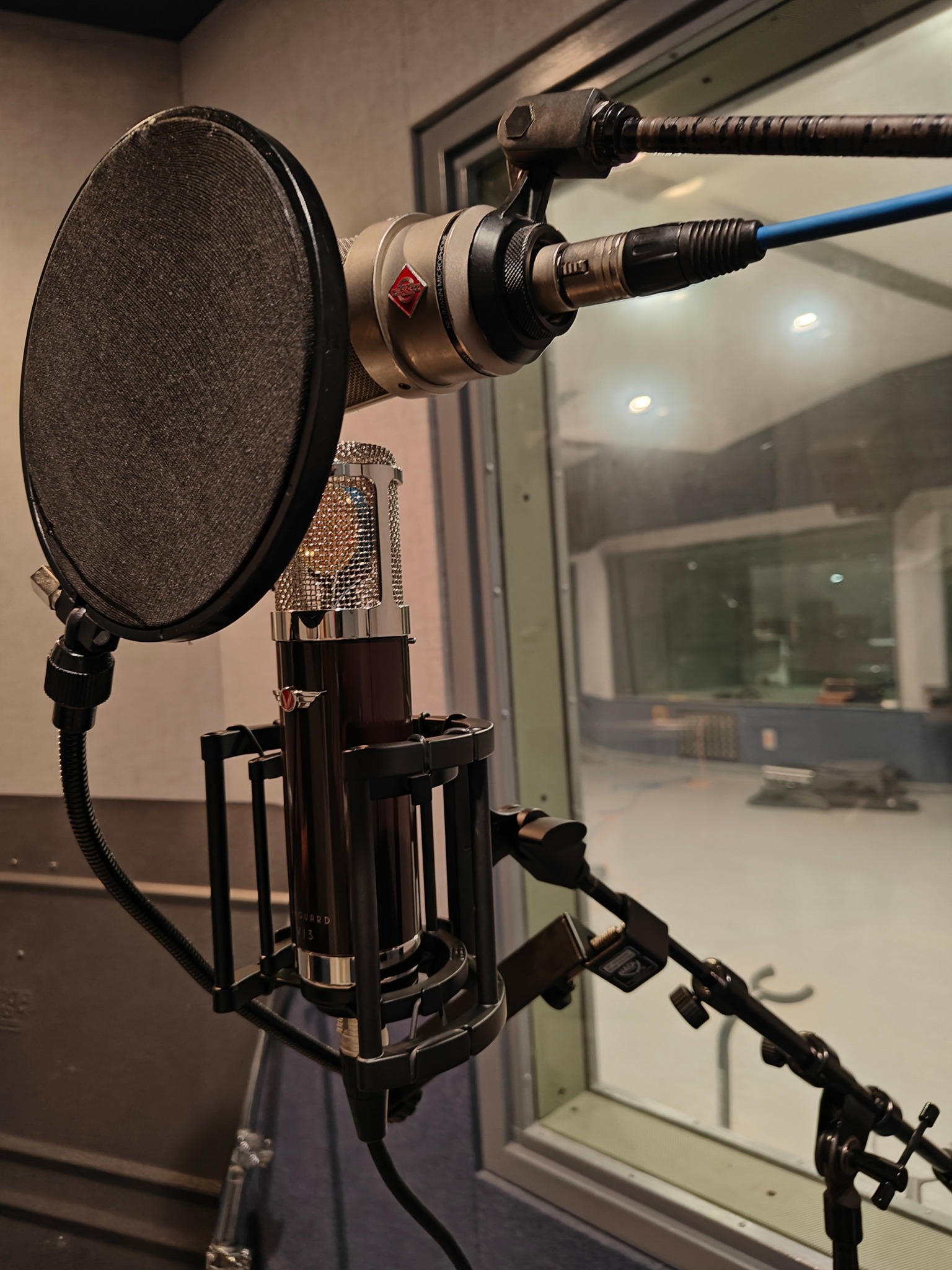We caught up with the brilliant and insightful Ryo Tomishima a few weeks ago and have shared our conversation below.
Hi Ryo, thanks for joining us today. Learning the craft is often a unique journey from every creative – we’d love to hear about your journey and if knowing what you know now, you would have done anything differently to speed up the learning process.
I learned my skills by doing it over and over again. I was learning Earth and Environmental science as my undergraduate degree. After 2 years of study, I finally got to the conclusion that I am not suitable for this subject. Few things changed my mind to become a musician, including Covid. I was in my junior year of my Environmental science degree and it was too late for me to switch to a different major at the time. My family wanted me to at least have a degree other than music, because they didn’t wanted me to go to that direction.
Music is not a market that Asian parents would appreciate their kids to be in. While studying ES at school, I purchased a cheap yamaha interface with microphone and traveled to music school with my laptop to record music school students, tried to sneek into music theory classes that I understood absolutely nothing, and getting rejected by most music students, because of my lack of music background and skills, which is not surprising. But I still kept doing that for the next two years until I graduate.
Now I’m studying at musicians institute in Hollywood. This is a nice place for opportunity and connections. There are many students with nice tallent and skills here who know nothing about music recording and production. Eventhough I still have many things to learn to get better, I still try to reach out to them and have collaborations. Now with better skills, my skill of working around problems grew a lot. This is the most essential skill for me to be in this industry. After understanding all the basic skills, knowing how to get around problems quickly and efficiently is extremely important. All failures and problems are a step to get better. Obstacles can be hard to break through, so try to get around it, sometimes challenge it. There is a saying in China, that you should learn from people who’s better than you, and learn from other people’s mistakes, and learn to get around failure by observing other people’s failures.


Great, appreciate you sharing that with us. Before we ask you to share more of your insights, can you take a moment to introduce yourself and how you got to where you are today to our readers.
I am a music worker behind the screen. The stars are in front of the screen performing, and we support them. All songs that you hear on music platform is track/recorded by an engineer (or multiple engineers), Mixed by a mixing engineer, and mastered by a mastering engineer that no-one talks about. I have these skills but I am not the best ones in the industry. But that is completely fine. From an artist’s perspective, what’s important for them is to find the right person at the right time, and my job is to be that right choice at the right moment. The thing that sets me apart from others is probably flexibility. There’s always people with better skills, better environment, better equipments out there. Those factors are important for sure, but the center of a song is the artist, or artists. A lot of times, I will try to meet up with them carrying all my gears, even record them in the small bedroom or classroom. Also, a lot of small artists and starters have very limited budget. I will try to negotiate the payment, such as exchange work, song collaboration, music gears, and money. Rather than being proud of, I am grateful to have musicians coming back to me and work more with me. I think that is the proof of consistent good work rather than finishing a work.


Is there mission driving your creative journey?
To be part of a great piece of music, and meet great musicians.


What can society do to ensure an environment that’s helpful to artists and creatives?
The profit structure in this industry is in a pretty bad shape. It makes starters very difficult to develop their way up. People are not willing to pay for music while they need music daily. Large music platforms and companies collects most of the money through subscription and trading music between companies, which musicians barely gets anything through that process.
Contact Info:
- Website: 【RyoTomi的个人空间-哔哩哔哩】 https://b23.tv/KjNszcM
- Instagram: tomishimaryo
- Linkedin: Ryo Tomishima
- Youtube: https://www.youtube.com/@RyoT-xj5cf




